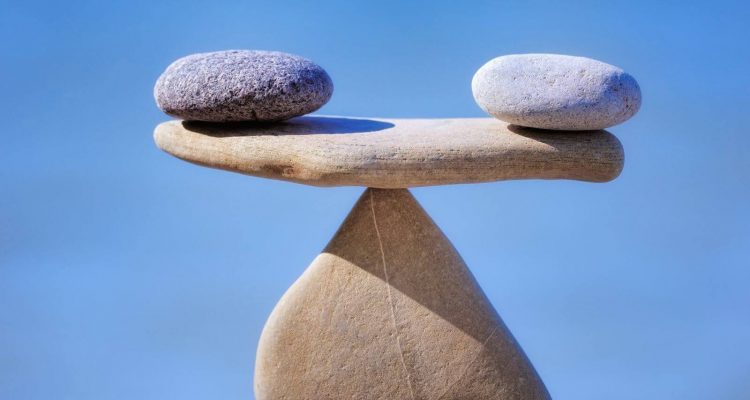
Life expectancy has been linked to the ability to maintain balance
0
The ability to keep balance and keep balance indicates that a person's internal system, including the brain, is functioning properly. Recently, experts found out how this skill can affect life expectancy.
A large study found a clear relationship between how long people over the age of 50 can stand on one leg with their eyes closed and whether they will be alive in 13 years.
A physiologist from Glasgow Caledonian University, Professor Dawn Skelton, noted that with age it is much more difficult to keep balance, and for some the changes begin quite early, as early as 35 years. Also, balance gets a little worse with each generation as people become less active and more sedentary.
In order to maintain balance, the brain has to integrate a lot of different information coming from all over the body – starting from the eyes, all sense organs, muscles and joints, ending with the balance systems of the inner ear.
If the ability to keep balance suffers, it means that the brain interacts poorly with various systems, including the cardiovascular . In addition, people with bad balance live less and because they fall more often, break bones.
At the same time, it is emphasized that a sense of balance and equilibrium can be developed, including with the help of special exercises. This makes the brain work better, which reduces the risk of dementia and premature death.









Leave a Reply